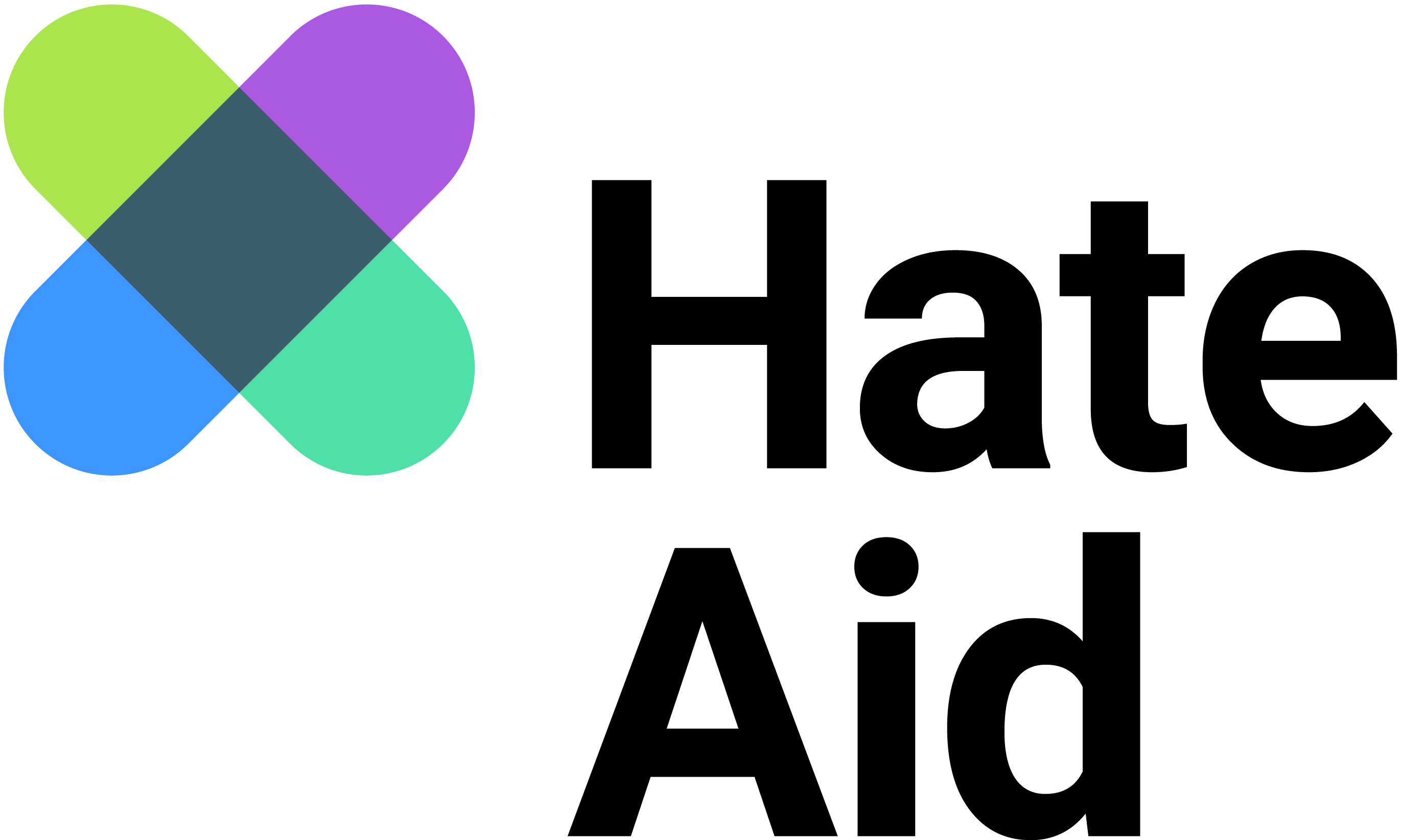X finds loophole: Strategic lawsuit only possible in Ireland
The Berlin District Court has dismissed the antisemitism lawsuit against X filed by HateAid and the European Union of Jewish Students (EUJS) with reference to lack of jurisdiction. The plaintiffs are not entitled to sue the platform in Berlin. The ruling has implications for the future of strategic litigation in Germany.
In the run-up to the trial, X had referred to a strategic lawsuit and challenged the international jurisdiction of the Berlin District Court. The platform argued that the plaintiffs – Josephine Ballon of HateAid and Avital Grinberg of EUJS – were not consumers, partly because they had publicly commented on the proceedings to the press and on social networks. The court followed the argument.
Josephine Ballon, CEO of HateAid, comments:
“This verdict is the nail in the coffin for many cases of strategic litigation in Germany. These lawsuits aim to clarify fundamental legal questions that affect us all. That’s why we also need a public debate, for example about the responsibility of social media platforms. This is exactly what X is now evading with legal manoeuvers. If necessary, we will go through all levels of jurisdiction to finally clarify this question.”
In its decision, the Berlin District Court referred to European Union regulations on jurisdiction. These stipulate that lawsuits must generally be filed where a person or company is based. Exceptions apply to consumers. They have the option of opening the so-called “jurisdiction over consumer contracts” and to sue before a national court. The two plaintiffs will appeal against the decision of the Berlin District Court to clarify, among other things, the question of whether they are consumers after all.
Avital Grinberg, former president of EUJS, said:
“Of course, I am also affected as a consumer. And of course I talk about it: not a day goes by without people wishing to see us Jews dead, or the Shoah being openly denied on the platform. Public space for discourse has turned into a breeding ground for antisemitism and racism. The platform not only fails to protect us, but also ducks away when it matters. Although this trial is becoming an unbearable test of patience, we will continue.”
The so-called “TwitterTrial” is about the question of whether users can demand that criminal content be deleted on the basis of the general terms and conditions. The subject of the lawsuit are six antisemitic and illegal comments that X had initially not deleted even though they had been reported. In its decision, the Chamber did not discuss the subject matter.
The verdict is not legally binding.
HateAid gGmbH
The non-profit organisation HateAid was founded in 2018 and has its headquarters in Berlin. It advocates for human rights in the digital space and stands up against digital violence and its consequences at both social and political levels. HateAid provides concrete support to people affected by online violence in the form of counselling and litigation financing. Its CEOs are Anna-Lena von Hodenberg and Josephine Ballon.
HateAid was awarded the Theodor Heuss Medal 2023.
HateAid is part of the Landecker Digital Justice Movement that finances strategic litigation and landmark cases against online platforms in order to clarify the rights of users.
Press contact: presse@hateaid.org, Tel.: 49 (0)30 25208837




